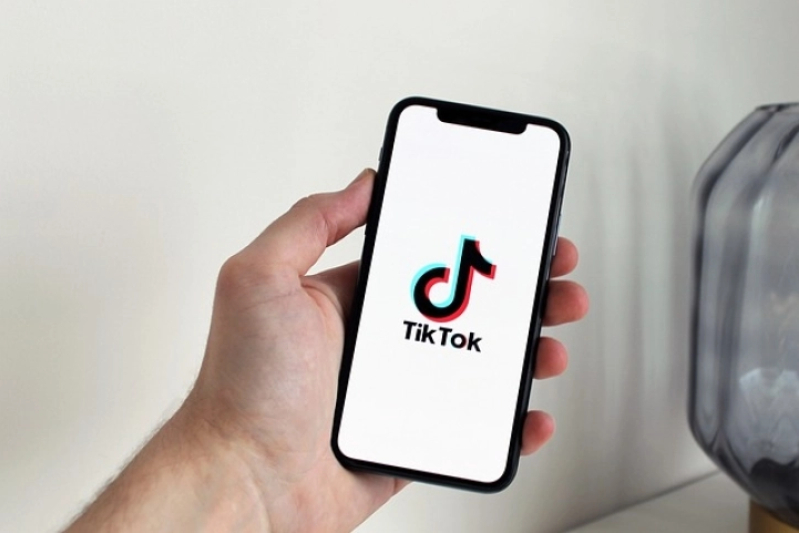
The U.S. Supreme Court ruled on January 17 in favor of banning TikTok, marking a significant legal defeat for the social media platform. Beginning Sunday, January 19, TikTok will no longer be available for download in the United States.
“Undoubtedly, TikTok is a crucial platform for over 170 million Americans to express themselves, engage in social interaction, and seek community support,” the court stated in its decision. “However, Congress determined that divesting ownership of this application is a necessary step to address national security risks associated with TikTok’s data collection practices and its ties to foreign adversaries.”
The legislation supporting the ban was signed into law by President Joe Biden in the spring of 2024, after receiving broad bipartisan support in Congress. Lawmakers expressed concerns that the Chinese government’s regulatory authority over domestic companies could allow access to TikTok user data, raising fears of espionage and the spread of disinformation.
The Supreme Court’s decision came through an expedited process after hearing arguments just last Friday. Several justices emphasized that the law primarily targets TikTok’s ownership structure rather than restricting free speech. Noel J. Francisco, TikTok’s lead attorney, acknowledged the platform’s potential security risks but argued that alternative solutions should be explored. He warned that the government’s actions could force TikTok to “cease operations entirely.”
The administration cited two major reasons for the ban: combating potential disinformation from China and preventing the Chinese government from accessing sensitive data on American users. While justices discussed the threat of disinformation, many focused on the espionage and blackmail risks linked to TikTok’s data collection practices.
The TikTok ban is viewed as a rare instance of bipartisan cooperation in Washington. Momentum for the measure increased in 2023, after TikTok CEO Shou Zi Chew testified before Congress, detailing the platform’s relationship with China.
Since its rapid rise during the COVID-19 pandemic in 2020, TikTok has become a cultural phenomenon. According to Pew Research Center, one-third of American adults use TikTok, with that number rising to 59% among users under 30. The platform has not only launched a new generation of celebrities but also influenced trends in books, music, and film, while shaping public discourse on major issues such as the Israel-Hamas conflict and U.S. presidential elections.
Despite its popularity, TikTok’s future in the United States remains uncertain. The court’s ruling highlights the government’s prioritization of national security over the platform’s cultural impact.
However, President Joe Biden has indicated he will not enforce the TikTok ban. According to media reports, a Biden administration official confirmed that the issue will be left to President-elect Donald Trump, who is set to take office on Monday.
This leaves the ultimate fate of the ban in Trump’s hands. While Trump previously called for TikTok’s prohibition during his first term, he later expressed willingness to explore ways to keep the app operational.







